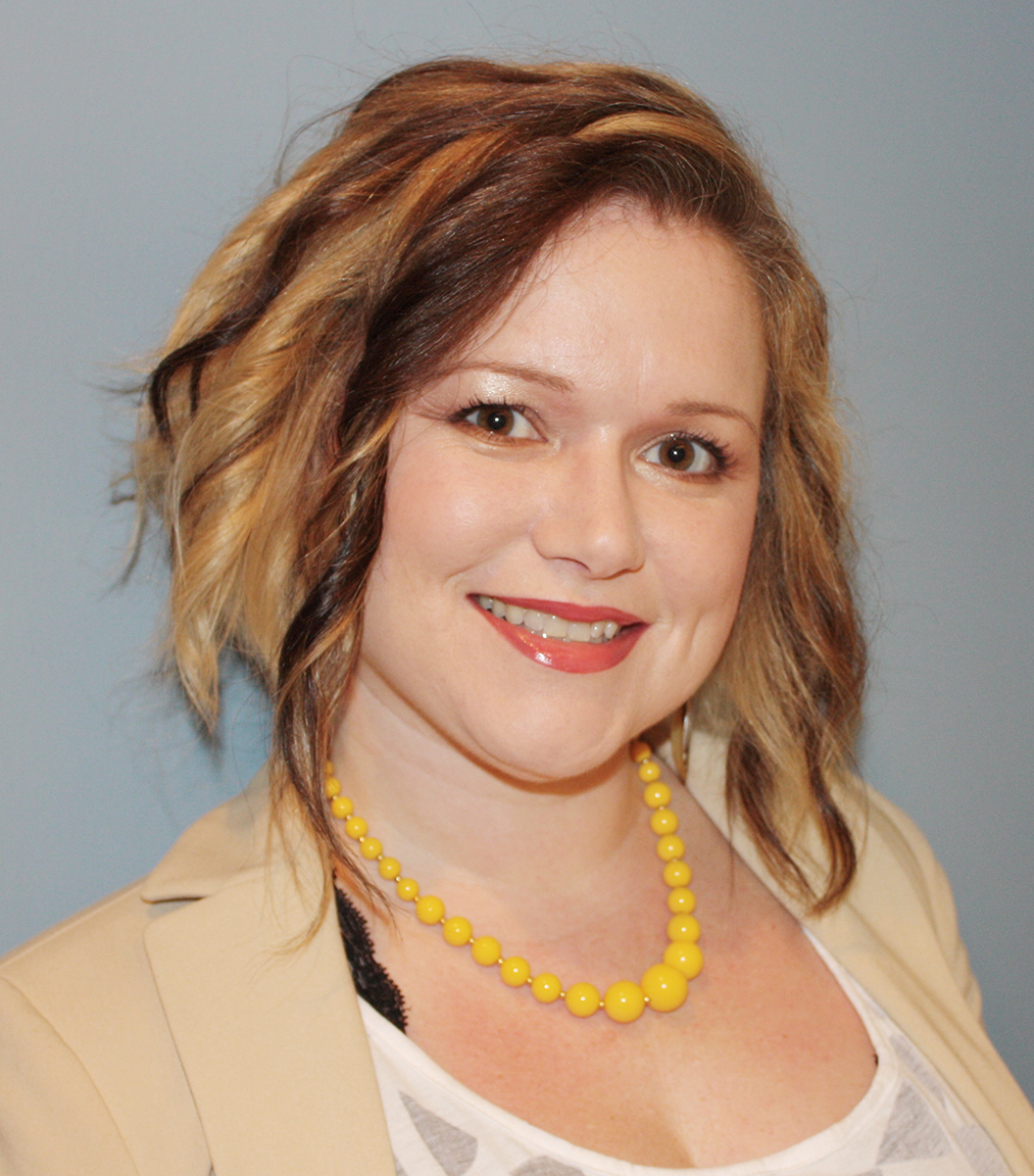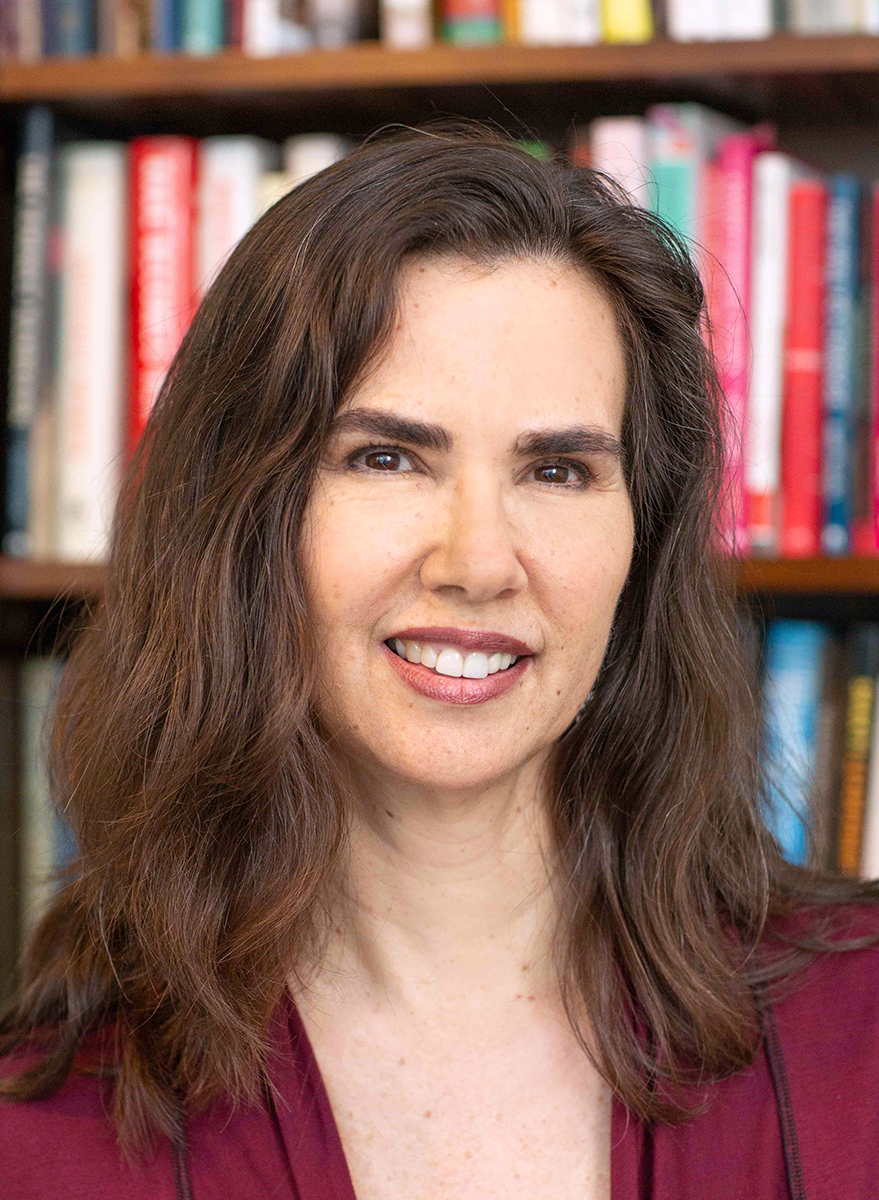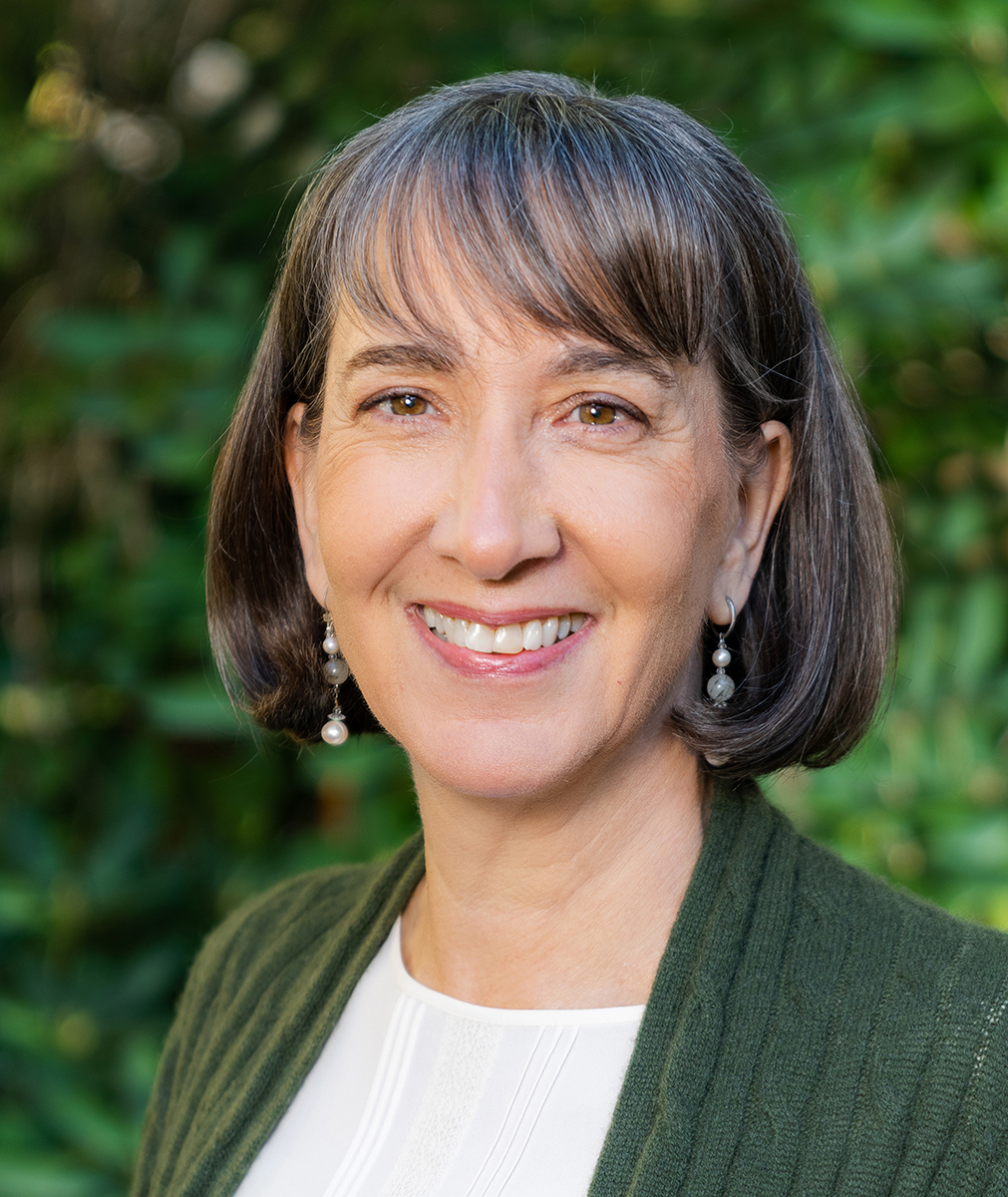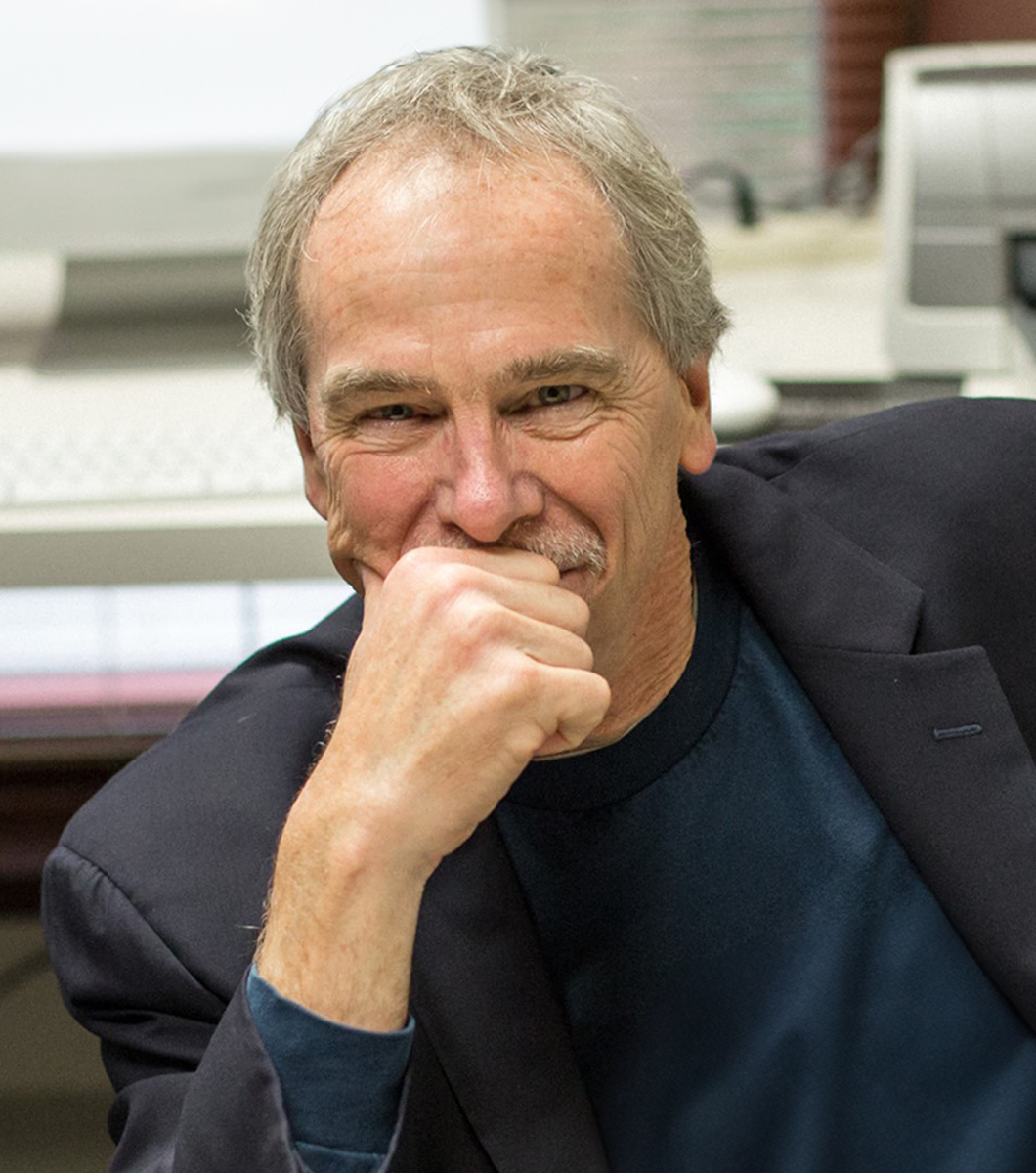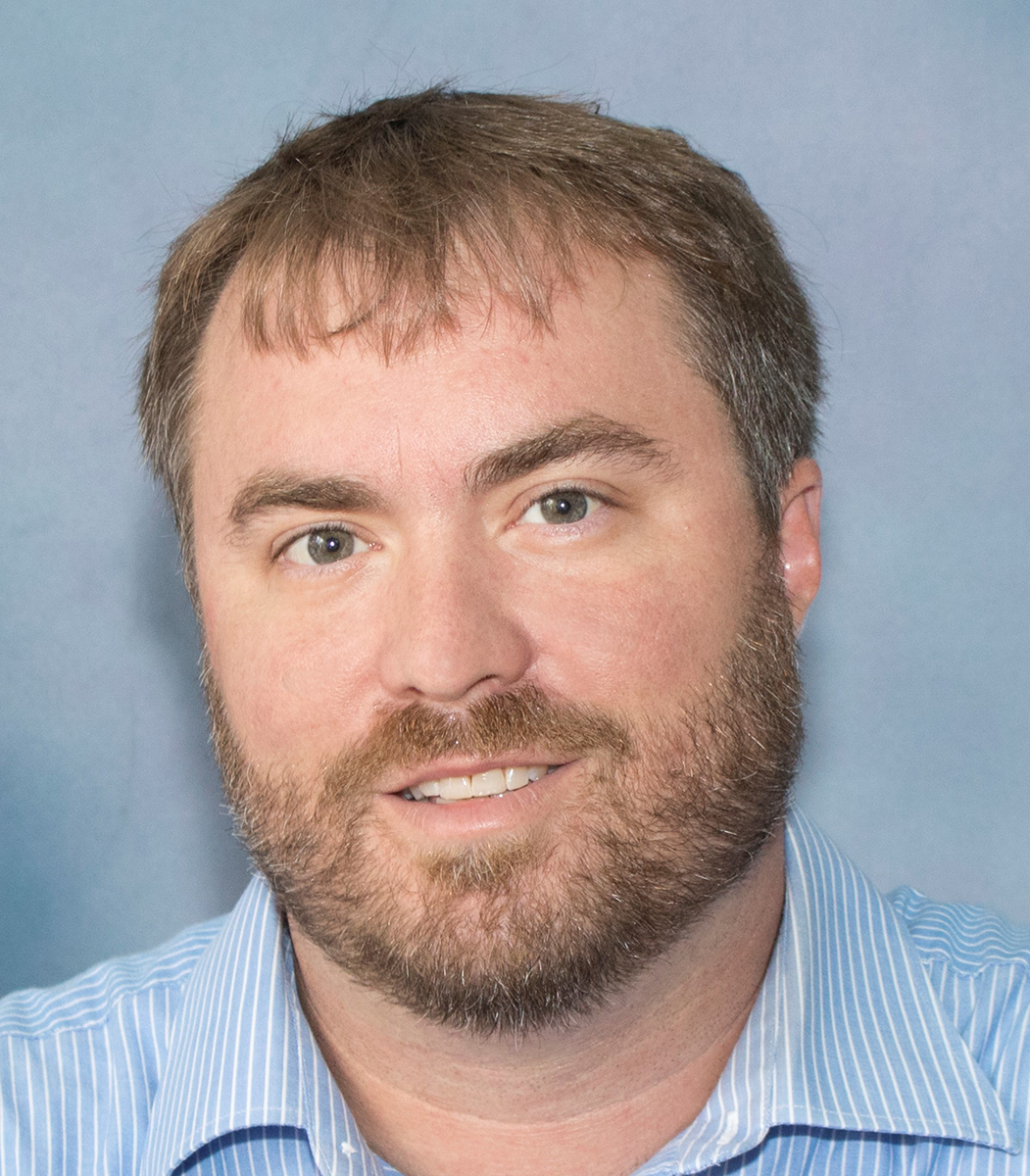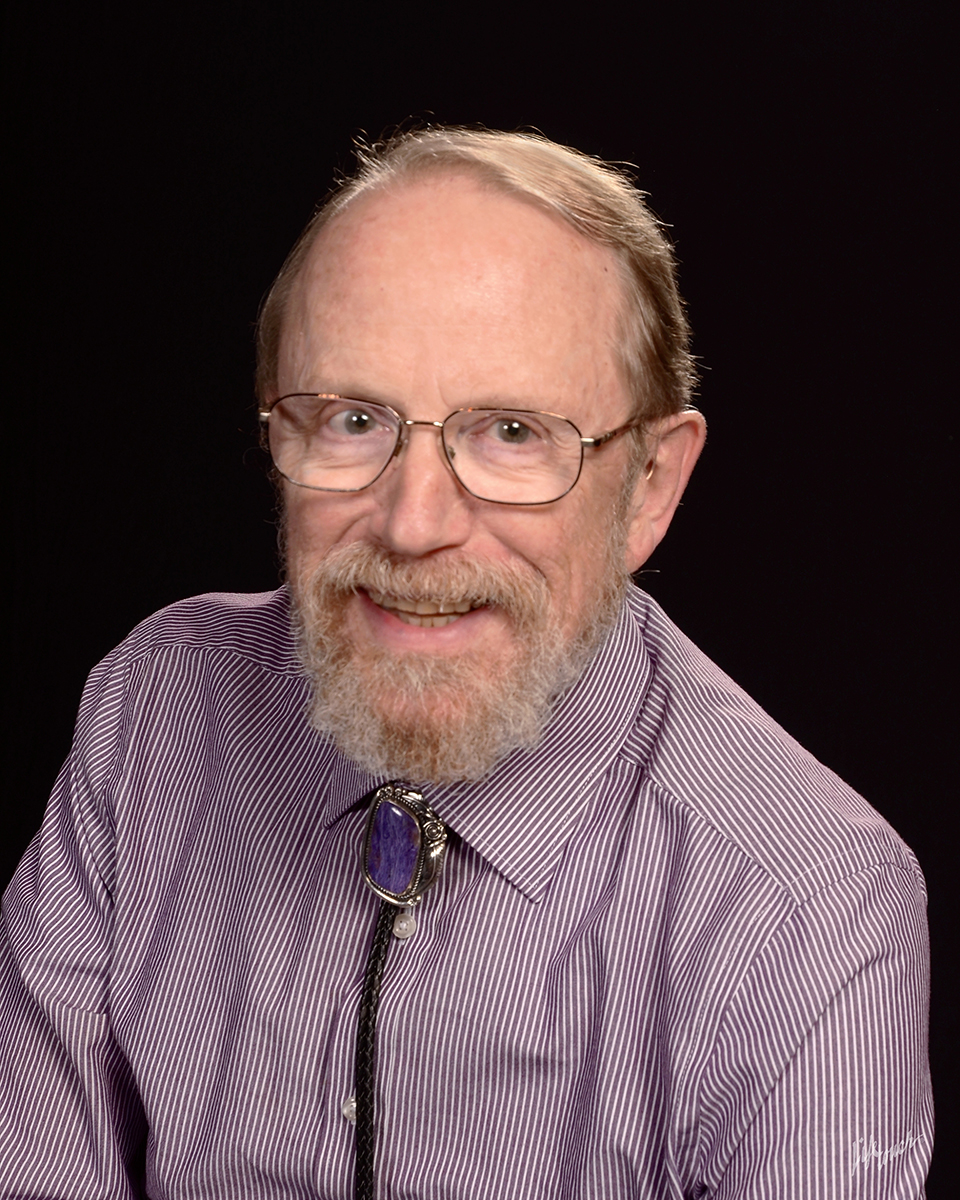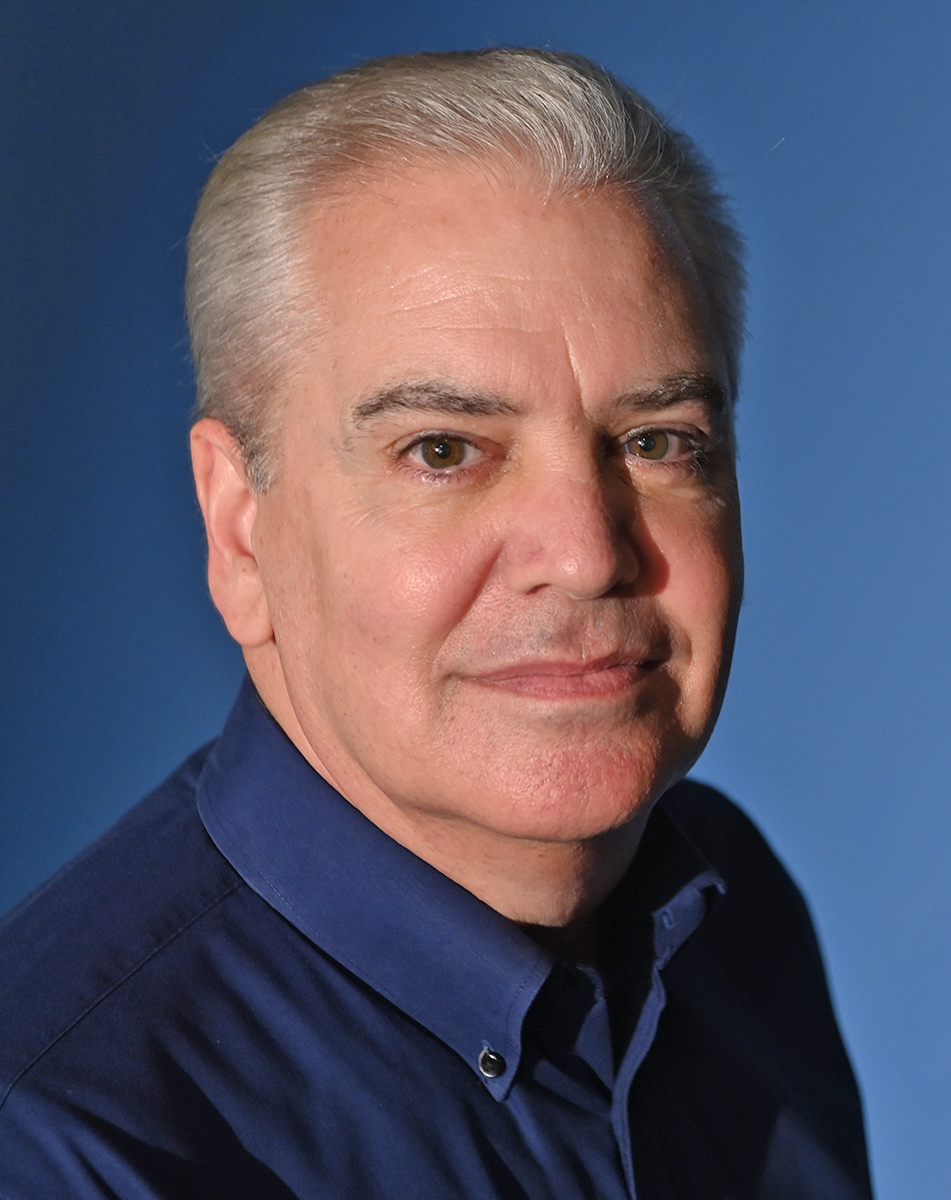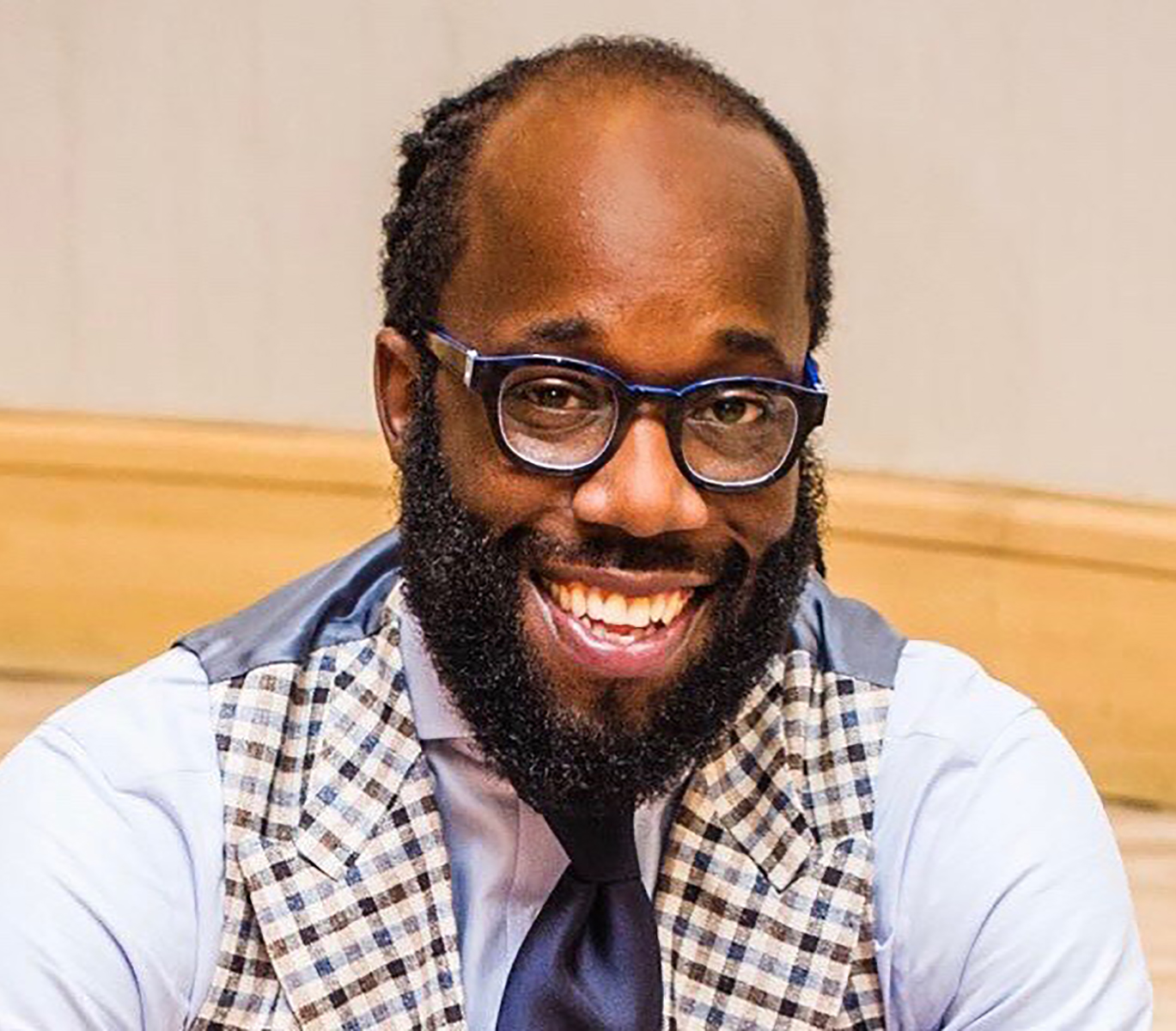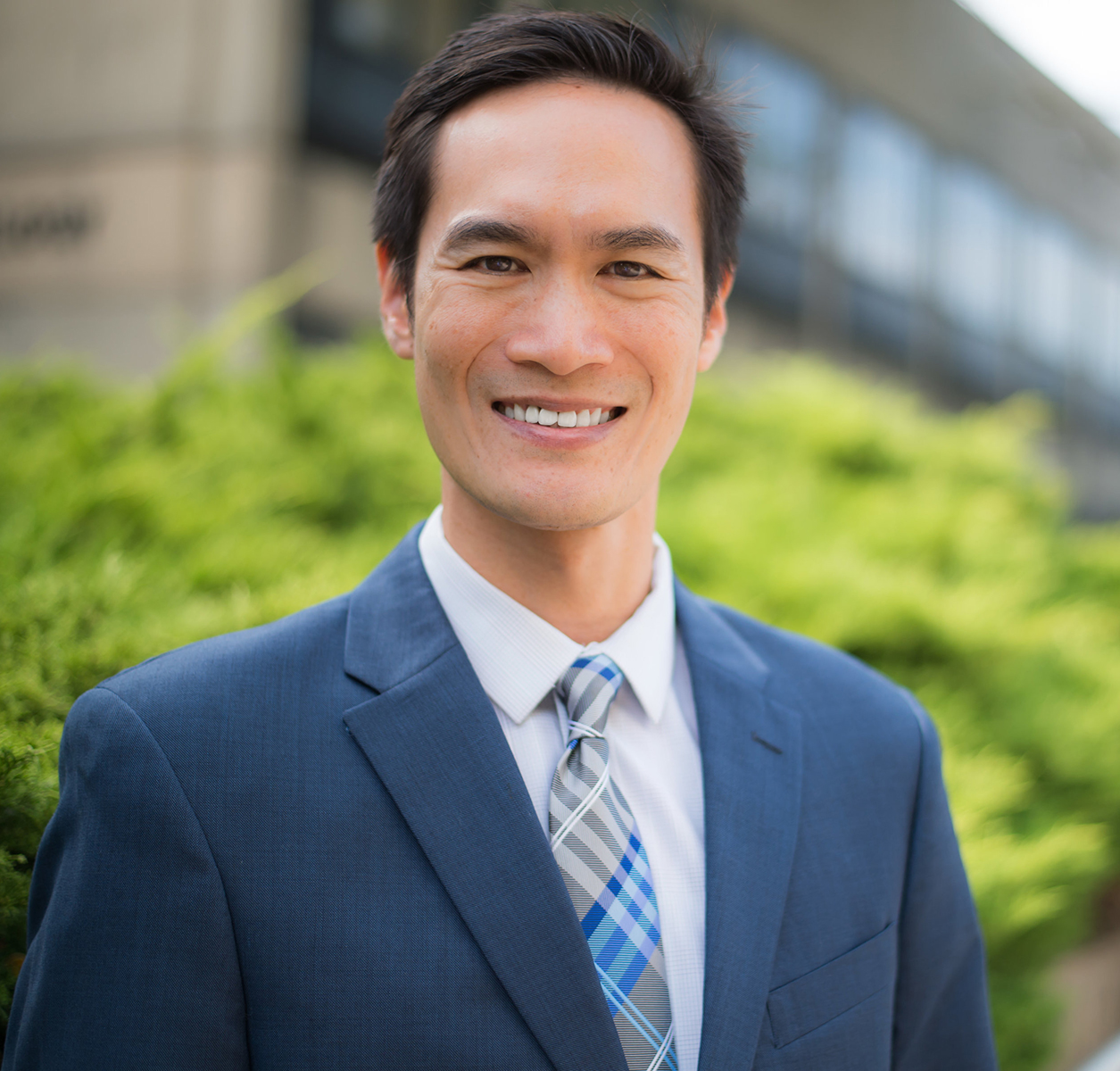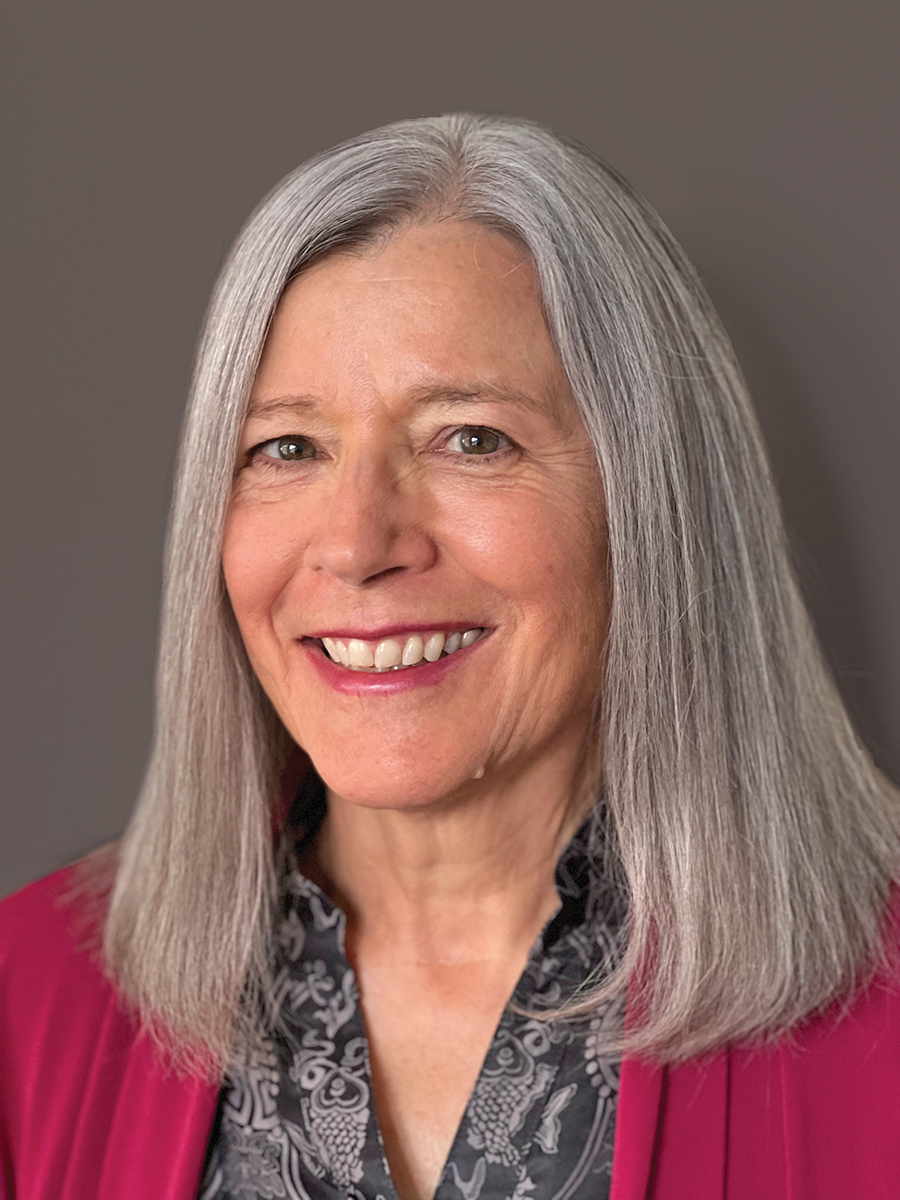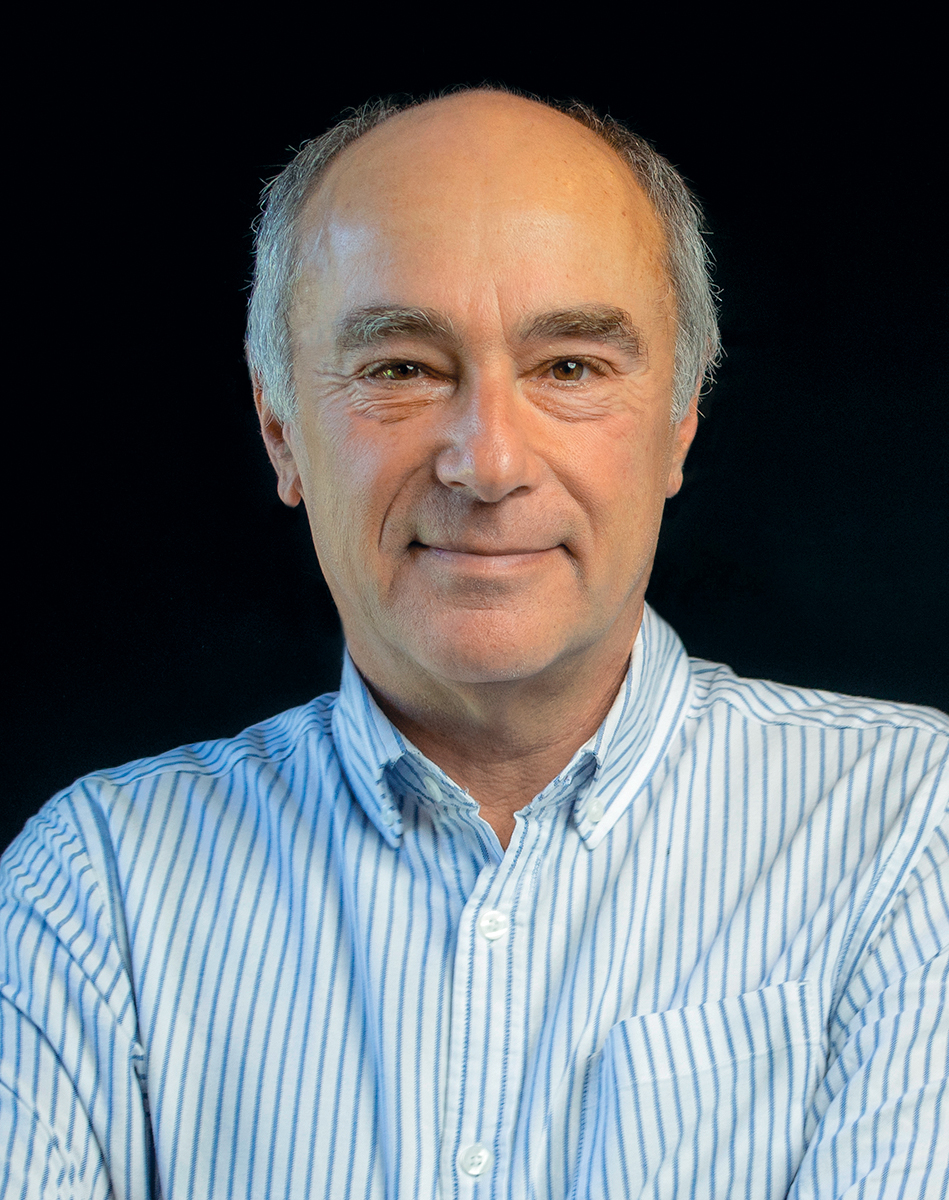Q&A with the Author
- Congratulations on the publication of Relationships in Recovery! In your book, you argue that relationship skills and social support are key to long-term success in addiction recovery. This belief is very different from many “old school” treatment programs, which often emphasize focusing exclusively on yourself and staying sober. Can you talk a little bit about your distinctive approach?
- One important skill you focus on in the book is how to end destructive relationships respectfully. For example, breaking up with a friend who enables your drinking/substance use. Can you share two or three strategies for how to do this?
- You also explain how to rebuild critical social skills from a new, sober mindset. It’s incredibly timely material—so many people have struggled with substance use during the COVID-19 pandemic, and we are all trying to rebuild connections with family, friends, colleagues, etc. whom we haven’t seen in over a year. Again, can you share two or three simple strategies for repairing these connections?
- Lastly, we would love to learn a little bit more about you! When you are not working, what do you do for fun? Now that your book is out, is there a project that you are excited to work on next (a presentation, a workshop, writing another book, etc.)?
Congratulations on the publication of Relationships in Recovery! In your book, you argue that relationship skills and social support are key to long-term success in addiction recovery. This belief is very different from many “old school” treatment programs, which often emphasize focusing exclusively on yourself and staying sober. Can you talk a little bit about your distinctive approach?
I am incredibly excited that this book is coming out, and am hopeful that it will help people who are working to improve their relationships in the context of addiction recovery. I actually don’t think it’s distinctive to address relationships and social skills as part of addiction recovery, although many recovery programs do prioritize individual recovery. But, since we know that addiction is really rough on all kinds of relationships, relationship improvement is often a primary goal of recovery, and healthy social support is critical for recovery, I think it’s important to address relationship recovery along with addiction recovery every step of the way.
Couple and family therapies are highly effective for addiction, but they require a therapist with specialized training and the active participation of loved ones. So, what is distinctive about the Relationships in Recovery program is that partners or family members don’t need to be explicitly involved in the change efforts. Readers can use this book to improve specific relationships, as well as to improve their relationship skills more broadly. It addresses a wide range of relationship types, and it focuses on practical skills that can be applied unilaterally or in collaboration with loved ones. I think it’s also a great resource for people who love someone who struggles with addiction, since it can help them better understand their loved one’s experiences as well as improve their own relationship skills.
One important skill you focus on in the book is how to end destructive relationships respectfully. For example, breaking up with a friend who enables your drinking/substance use. Can you share two or three strategies for how to do this?
Ending relationships is such a difficult process for most people, and it can be even more challenging for people who have struggled with addiction for several reasons, including difficulty coping with distressing emotions, shame, thinking you owe the person, people-pleasing tendencies, and general conflict avoidance. There’s a whole chapter in Relationships in Recovery on ending relationships, and it also addresses ways to minimize relationships that can’t be completely ended (like with a co-parent of your children).
One tip is to be really clear with yourself about why you’re ending (or minimizing) the relationship. Make a list, discuss your reasons with trusted people, and give yourself appropriate time to think it through. Once you’ve made the decision, try to communicate your reasons for ending the relationship in calm, kind, personal, and certain terms. Make it more about your needs instead of their behaviors. Using “I” statements and validation can be very helpful in this process, and these skills are addressed in the book. It’s also important to be prepared for any fallout and take appropriate protective steps if you think the person will act in ways that threaten your safety or welfare.
You should also expect ambivalence—you’re probably going to second-guess your decision during and after you’ve taken steps to end the relationship. However, remind yourself that this is a natural part of the process, not necessarily an indicator that you’ve made a mistake. Change is hard. Give yourself time to adjust. If you’re in addiction recovery, it’s critical to keep an eye on your urges and cravings, practice recovery skills, focus on self-care, and get social support from the other relationships in your life.
You also explain how to rebuild critical social skills from a new, sober mindset. It’s incredibly timely material—so many people have struggled with substance use during the COVID-19 pandemic, and we are all trying to rebuild connections with family, friends, colleagues, etc. whom we haven’t seen in over a year. Again, can you share two or three simple strategies for repairing these connections?
I think we are all struggling to find ways to reconnect with others and cope with anxiety as we try to establish post-pandemic routines, and it’s likely to be even more difficult for people who are in recovery or are struggling with addiction. While there were increases in substance use during the pandemic, there were also growing movements of people ditching alcohol for the first time.
Most of us are facing “re-entry anxiety” at some level, which can include feeling overwhelmed by social interactions more easily than before the pandemic. If you’re newly sober, then you’ve got an added layer of anxiety because social interactions can lead to urges to use substances, and you may need to tell people you’ve changed your substance use, which can feel awkward at first. It’s important to be kind and gentle with yourself through this process.
For those new to sobriety and those who are further along, it’s important to check in with yourself often to increase self-awareness of times when uncomfortable thoughts and feelings may trigger urges to use substances. It’s common for people to think that urges or cravings are signs that recovery isn’t going well, but really those instances are important opportunities to learn about yourself. What’s underneath the urge? A desire for closeness? Relief from insecurity? Anger or resentment? Feeling taken for granted? Feeling overwhelmed? All of those are instances when relationship factors can influence urges and cravings for substances. They are also opportunities for personal growth, and are times to practice new skills that address those unmet needs in healthier and more productive ways.
Lastly, we would love to learn a little bit more about you! When you are not working, what do you do for fun? Now that your book is out, is there a project that you are excited to work on next (a presentation, a workshop, writing another book, etc.)?
Aside from my work, my most important role right now is being a thoughtful and supportive guide to my three young daughters (ages 6, 2, and 10 months) as they explore the world and develop their own personalities and interests. The pandemic has given us the gift of more time together to build deeper bonds, and I’m looking forward to introducing them to my favorite hobbies as they get older. I love horseback riding, snorkeling, scuba diving, and exploring new places. I actually have a considerable collection of sand and water from beaches I’ve visited, and I can’t wait to add to it as we are able to start traveling more.
Professionally, I am enthusiastic to get back into the classroom this fall. I always enjoy helping my students at St. Edward’s University explore the science of addiction, and I always learn from them about ways that substance use norms and expectations are changing in the world. I’m also enjoying writing my new blog on Addiction and Relationships for Psychology Today, and I’ve entered the massive world of therapists on Instagram as @RecoveryAndReconnection to share evidence-based content related to addiction, recovery, and relationships. On top of those endeavors, I’m developing two books that are based on a model I’ve developed that integrates multiple streams of evidence on the nature and nurture factors that influence addiction and recovery.
See all titles by and read more about Kelly E. Green on her author page!
